by Mike Gulett –
I was reading an article in the New York Times from Nov. 22, 2014 titled Conspicuous Consumption? Yes, but It’s Not Crazy by Robert H. Frank, economics professor at Cornell University.
The article basically said that rich people buy more expensive things than non-rich people. When the author talked about cars he talked about new luxury cars not collector cars. This is something I have run into before – many people think of cars as merely transportation. I know because I have some relatives and friends who think like that and I have met some total strangers who do as well. It can be a difficult discussion when I try to explain that some people (like me) think that certain cars transcend transportation.
As usual my thoughts turned to how the ideas in this NY Times article effect the collector car market. This thinking led to me following ideas around the Internet and here is what I came up with.
Veblen Good
Abnormal market behavior where consumers purchase the higher-priced goods whereas similar low-priced (but not identical) substitutes are available. It is caused either by the belief that higher price means higher quality, or by the desire for conspicuous consumption (to be seen as buying an expensive, prestige item).
Named after its discoverer, the US social-critic Thorstein Bunde Veblen (1857-1929).
Source: BusinessDictionary.com
The New York Times article mentioned this economic theory so I had to look it up.
Collector Car Market
The Veblen good theory applied to the collector car market, for example, results in a rich collector buying a Ferrari 330 GTC when a Chevrolet Corvette or Ford Mustang Boss 429 would do just as well and at a much lower price.
Why would someone buy the Ferrari instead of the Corvette or the Mustang? Do they think “higher price means higher quality” or do they want to be seen in a Ferrari instead of a Chevy or a Ford?
The Corvette and the Mustang would go faster in a drag race but the Ferrari wins on the engine sound. But that is a very expensive sound.
Conspicuous Consumption
Conspicuous consumption is the spending of money on and the acquiring of luxury goods and services to publicly display economic power—either the buyer’s income or the buyer’s accumulated wealth. Sociologically, to the conspicuous consumer, such a public display of discretionary economic power is a means either of attaining or of maintaining a given social status.
Source: Wikipedia.org
The term was first used by the US sociologist and economist Thorstein Bunde Veblen (1857-1929) in his 1899 book ‘The Theory Of The Leisure Class.’
Thorstein Bunde Veblen apparently did a lot of thinking and writing on the subject of rich people and their money.
A car collector that has his own private car museum would likely fall into this category. However, many of these museums turn into public venues where people from all economic levels can see these rare and valuable collector cars in person.
But why does someone have a need to own so many cars at once? Only one car at a time can be used so why not own just a few and sell them and buy them when the desire strikes?
Why be a mass quantity collector rather than a serial collector? One reason that I can think of is that a mass quantity collector can afford to do so and is reluctant to sell anything, so the collection grows. Like an obsessive compulsive collector?
The Snob Effect
Situation where the demand for a product by a high income segment varies inversely with its demand by the lower income segment.
Source: BusinessDictionary.com
This is a common term and it applies to the car collectors who would rather be seen driving around town in their rare collector car than the mini-van. I know that’s me even though I don’t own a mini-van.
It also applies within the collector car world where collectors seek rare, unique cars that no one else has. However, this could be just good investing rather than the snob effect. It can get confusing trying to understand what motivates car collectors.
Common Law of Business Balance
There is hardly anything in the world that someone cannot make a little worse and sell a little cheaper, and the people who consider price alone are that person’s lawful prey. It’s unwise to pay too much, but it’s worse to pay too little. When you pay too much, you lose a little money – that is all. When you pay too little, you sometimes lose everything, because the thing you bought was incapable of doing the thing it was bought to do.
The common law of business balance prohibits paying a little and getting a lot – it can’t be done. If you deal with the lowest bidder, it is well to add something for the risk you run, and if you do that you will have enough to pay for something better.
Source: Unknown (has been attributed to John Ruskin, a 19th-century art critic, but that may not be correct).
A common occurrence in the collector car world is when a buyer seeks a bargain and winds up buying a car with more needs than the budget allows. Where the cost of the car plus the restoration work is greater than the value when done.
Or, a buyer buys a lower cost model that does not hold it’s value or appreciate like the more expensive model would have. When the price seems too good to be true it usually is.
I believe one should buy the best example of the desired model that one can afford.
Remember – “It’s unwise to pay too much, but it’s worse to pay too little.”
The Conventional Wisdom or Common Knowledge
Ideas or explanations generally accepted as true by the public or by experts in a field.
John Kenneth Galbraith used the phrase “the conventional wisdom” in his 1958 book The Affluent Society where he wrote,
“It will be convenient to have a name for the ideas which are esteemed at any time for their acceptability, and it should be a term that emphasizes this predictability. I shall refer to these ideas henceforth as the conventional wisdom.”
Here is a list of some of the Conventional Wisdom and Common Knowledge that I can think of in the collector car world:
* Barn finds are a good thing
* Don’t clean off the dirt on a barn find because that will reduce the value
* Red is a better color for Italian cars especially – after all it isn’t called “resale red” for nothing
* It is original only once and should not be restored
* Drive your car and use it like it was meant to be used
* Don’t buy a rusty car
* Buy a rusty car if it is in original and untouched condition
* A rare car must be valuable
* Classic cars are a good investment
* The Ferrari 250 GTO is a great car
* A public auction sets the fair market price for collector cars
Some Conventional Wisdom and Common Knowledge are true and have been tested over many years, or longer, and some Conventional Wisdom and Common Knowledge are just old stories that are not true.
Sometimes we follow the advice of Conventional Wisdom and Common Knowledge even though it isn’t good for us. This is certainly true in the collector car market.
Let us know what you think in the Comments.

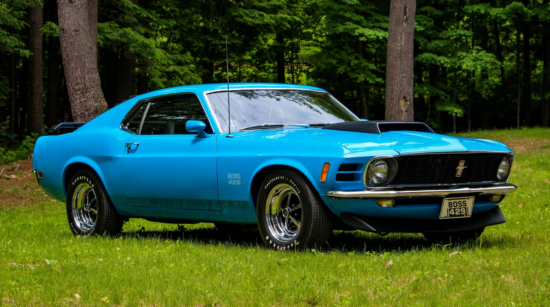
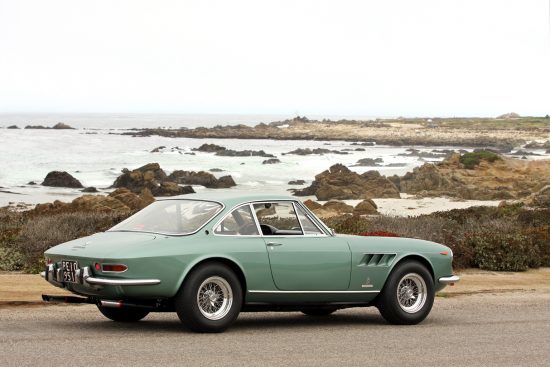
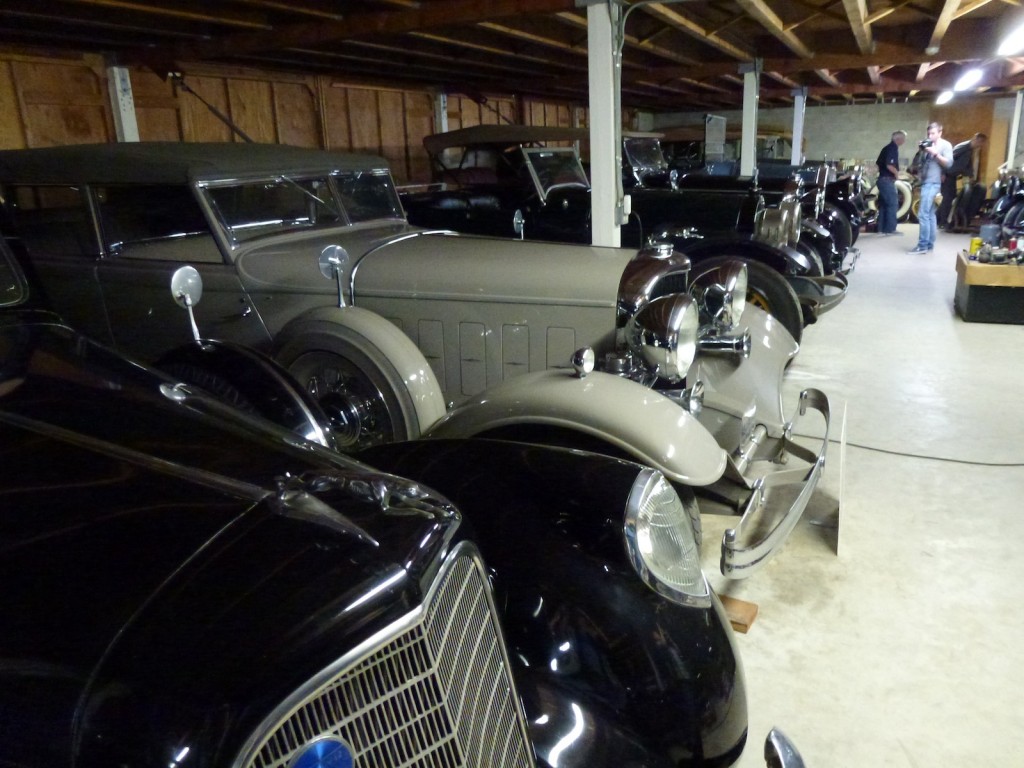
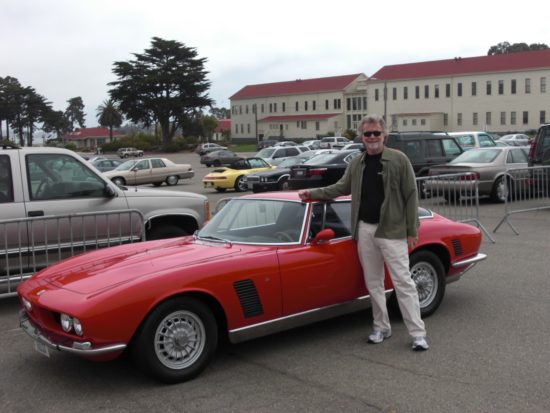



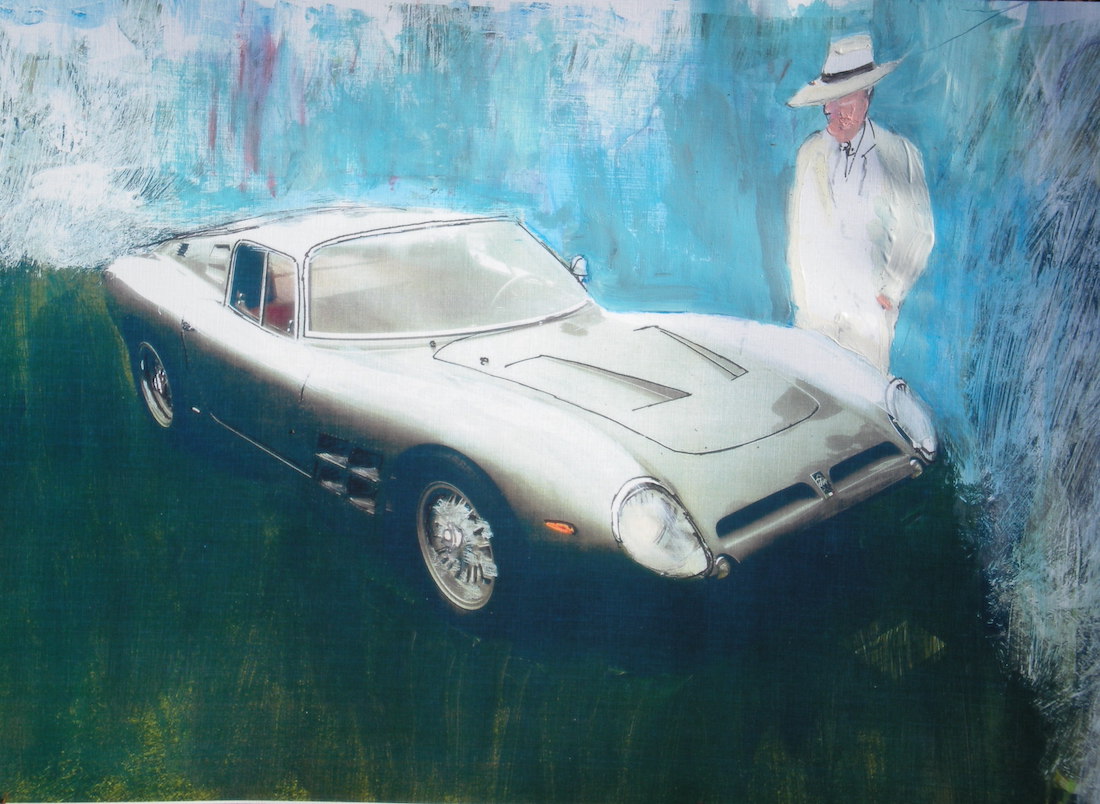

I always buy with my heart, even when I was collecting Matchbox, and Hot Wheels cars. It’s a plus when they appreciate in value though, but that is not the main motivation.
I am not a rich man, but I have some great machines; which make me happy.
Exactly my position, could not have said it better. Sometimes I can’t explain it to my friends. They try to apply logic to my behavior. How silly, I want more, more, more. I’ll just keep building more garages.
I have a few cars, but wouldn’t call myself a collector. Your points are the same ones used against gun collectors. However, I think in both, and other similar, cases while you may only be able to use one at a time they each provide a different and unique experience and skill to use, maintain, and operate effectively.
Each car has its own unique characteristics of that vehicle and the make and model.
That’s a big part of the pleasure and enjoyment in owning different types of vehicles.
Odd you mention wo hobby areas ha will be agreed by he goodie-goodies–gun colleting and ICE cars i believe it was Australia who after a massacre, outlawed private ownership of guns and I heard lately there are groups who want. to outlaw ownership of ICE cars after about 2035.
This is a refreshing perspective.